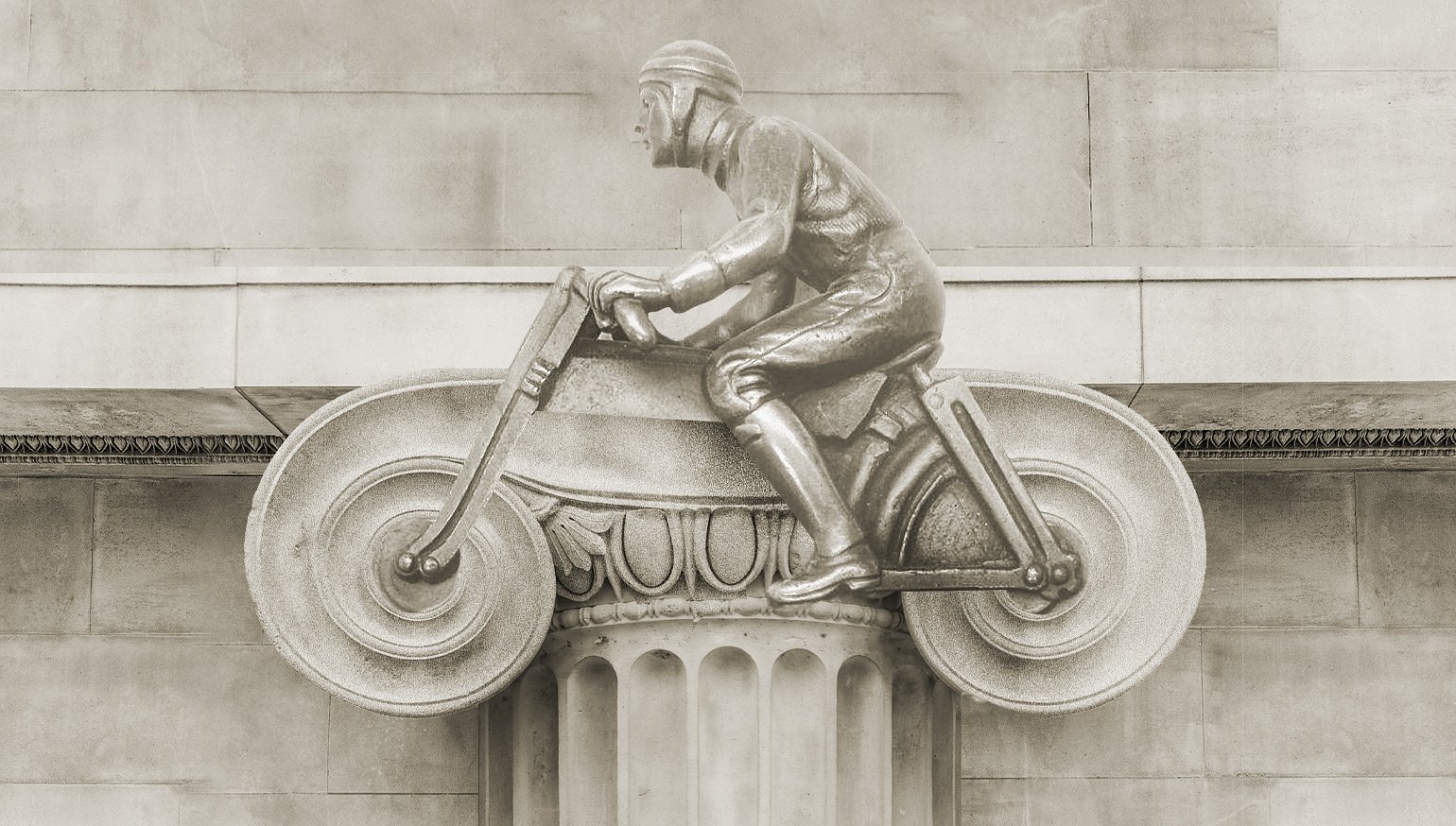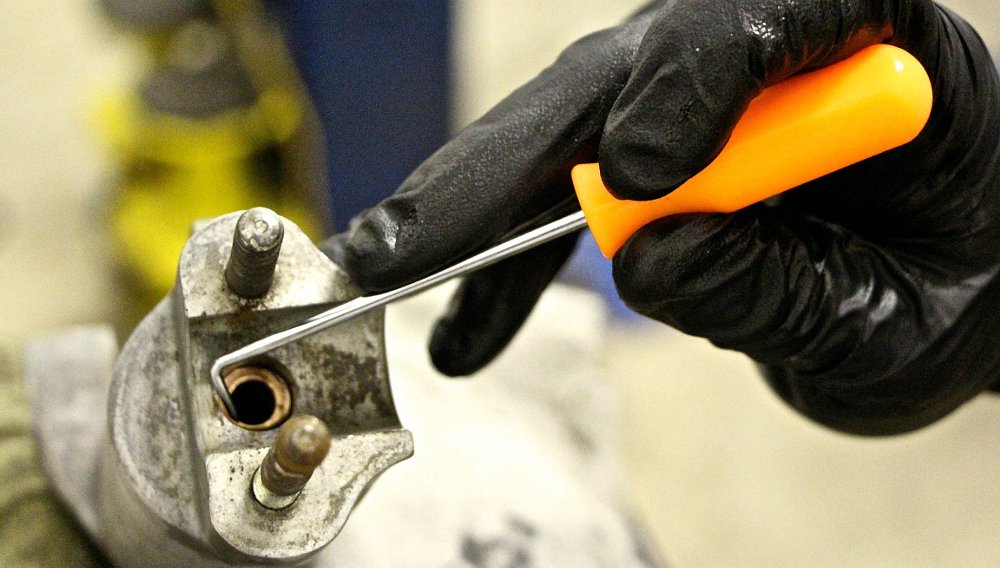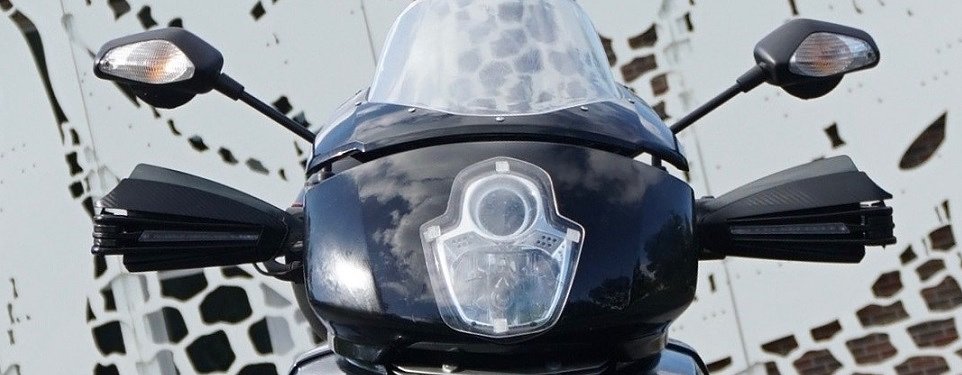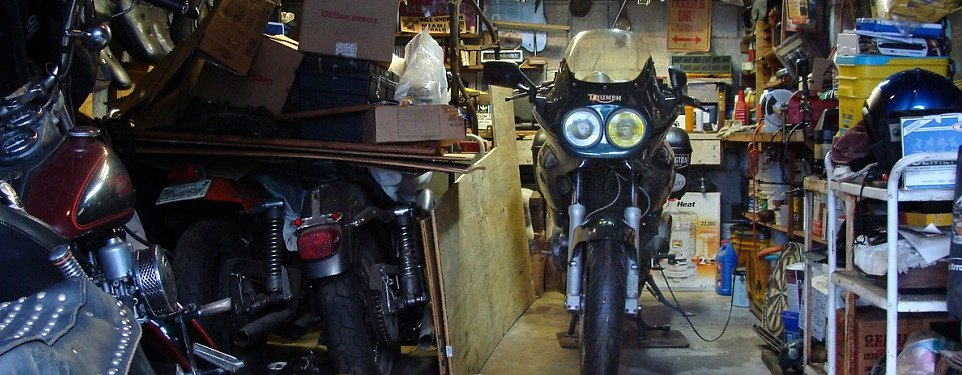The road to motorcycle mechanic hell is paved with good intentions, and because your bike is surely broken in hell, plan on walking.
An old-timer once told me that any mechanical job on a motorcycle is one bad move away from a three-week delay. I guess that’s plausible. During a recent rebuild of an engine I know well, I bent the connecting rod on my freshly rebuilt crank. The bend is barely visible, but it cannot be unseen. Mistakes are always worse when you know better than to make them. Fortunately my pride took the most damage this time.
The bike in question is hardly worth the TLC it has received. I’ve waded through my queue of project bikes over the last year, and the time has finally come to revive a 1993 Yamaha RT180. The sparkling silver frame begs for its engine, but I was hasty to deliver. My oversight only cost me another crank rebuild and... three weeks, go figure. I switched to some reggae and put away my tools for another day. That crank rebuild is just another tuition payment to my motorcycle education, a relatively low price for a lifelong lesson.
It doesn’t matter if you’re a professional mechanic or a DIY hack like me, our calling is to keep these wondrous machines going. We must avoid destruction and sloppy work to preserve the gift of motorcycling, and to preserve our own safety and health while we ride them. The word mechanic has Greek origins in the word mēkhanikos, which roughly translates to “of machines (mēkhanḗ), contrivances, the inventive, and the ingenious.” Modern motorcycles merge systems of humanity’s great knowledge and technological progress into truly ingenious capstones of the sciences and the arts. Count your blessings.
It's all Greek to me
An ancient Greek physician and philosopher, Hippocrates, shared our goals some 2,500 years ago. You’ve probably heard of him because the human body is the most ingenious and troubled mēkhanḗ of them all. Hippocrates is credited as the first physician to suggest that diseases and ailments were not caused by the supernatural gods who ruled the world of his time. Instead, he taught that the body’s problems were environmental in origin and tied to a person’s lifestyle. "The Hippocratic Corpus," his most celebrated work, is deeply flawed when viewed through a modern scientific lens in part because the Greeks weren’t keen on dissecting corpses. Hippocrates couldn’t fully explore the mēkhanḗ he sought to repair.
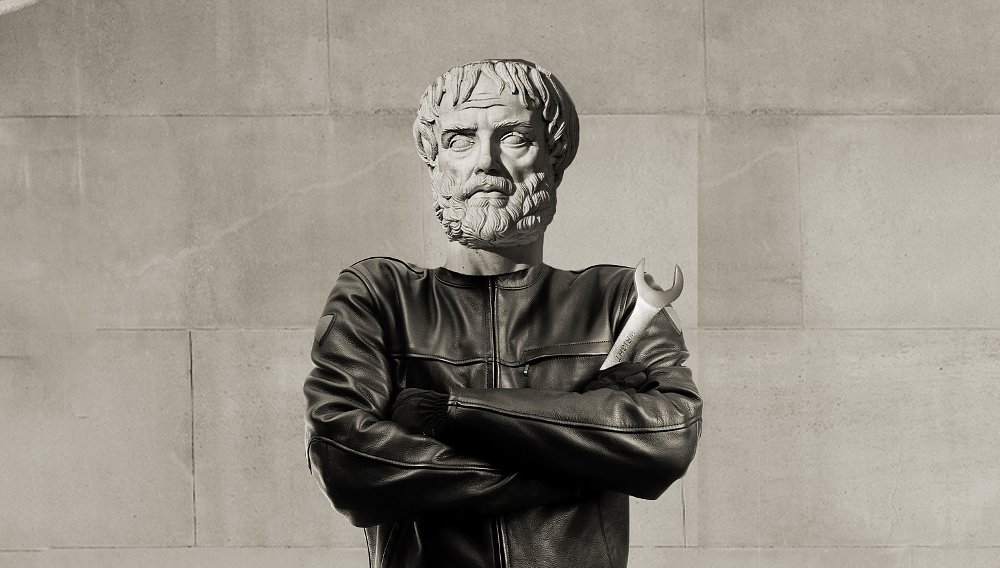
That didn’t stop him from codifying his methodology and moral imperatives for helping the unwell. The result is the Hippocratic Oath, a renowned set of principles that physicians still honor today. It’s best summarized as “help, or at least do no harm.” I felt low after bending that con rod because a mechanic’s job carries the same responsibility. My impatience had violated the oath and that burned me up.
As another reggae tune wobbled on, I looked up the full Hippocratic Oath. I’d never actually read the entire thing. When I finished, I felt a little worse, and then I realized I could adapt it for motorcycle mechanics like me by changing a few words. Hippocrates never saw a motorcycle, or even the Antikythera mechanism, and yet his approach was sound. I present for your consideration a bastardized Hippocratic Oath for motorcycle mechanics. Sorry, Hippocrates, I may hang a copy on my shop wall.
The motorcycle mechanic’s Hippocratic Oath
- I will respect the hard-won scientific gains of those mechanics in whose steps I walk, and gladly share such knowledge as is mine with those who are to follow.
- I will apply, for the benefit of the broken motorcycles, all measures [that] are required, avoiding those twin traps of overtreatment and therapeutic nihilism.
- I will remember that there is art to wrenching as well as science, and that warmth, sympathy, and understanding may outweigh pneumatic tools or the biggest hammer in the garage.
- I will not be ashamed to say "I know not," nor will I fail to call in my colleagues when the skills of another are needed for a motorcycle’s recovery.
- I will criticize careless previous owners of my motorcycles, for their problems are disclosed to me that the world may know. Most especially must I tread with care in matters of life and death. If it is given me to save a life, all thanks. But it may also be within my power to take a life; this awesome responsibility must be faced with great humbleness and awareness of my own frailty. Above all, I must not play at God.
- I will remember that I do not treat a valve tick, or a leaking gasket, but a broken machine, whose condition may affect the owner’s family and economic stability. My responsibility includes these related problems, if I am to care adequately for the motorcycle.
- I will prevent destruction whenever I can, for prevention is preferable to cure.
- I will remember that I remain a member of society, with special obligations to all my fellow human beings, those sound of mind and body as well as the infirm.
- If I do not violate this oath, may I enjoy life and art, respected while I live and remembered with affection thereafter. May I always act so as to preserve the finest traditions of my calling and may I long experience the joy of healing those who need my help.
My rebuilt crank should arrive in a few weeks; the ailing machine will run again, thanks to a colleague with the skills to undo my destruction. Motorcycles have a way of humbling us when we least expect it, so we should learn from our mistakes as we build our restorative abilities. I believe Hippocrates’ acknowledgement of human imperfection is the main reason his oath stands today. No physician or mechanic is fully perfect. All we can do is try our best and learn from every opportunity.
“The art is long,” he wrote. “Life is short.”




